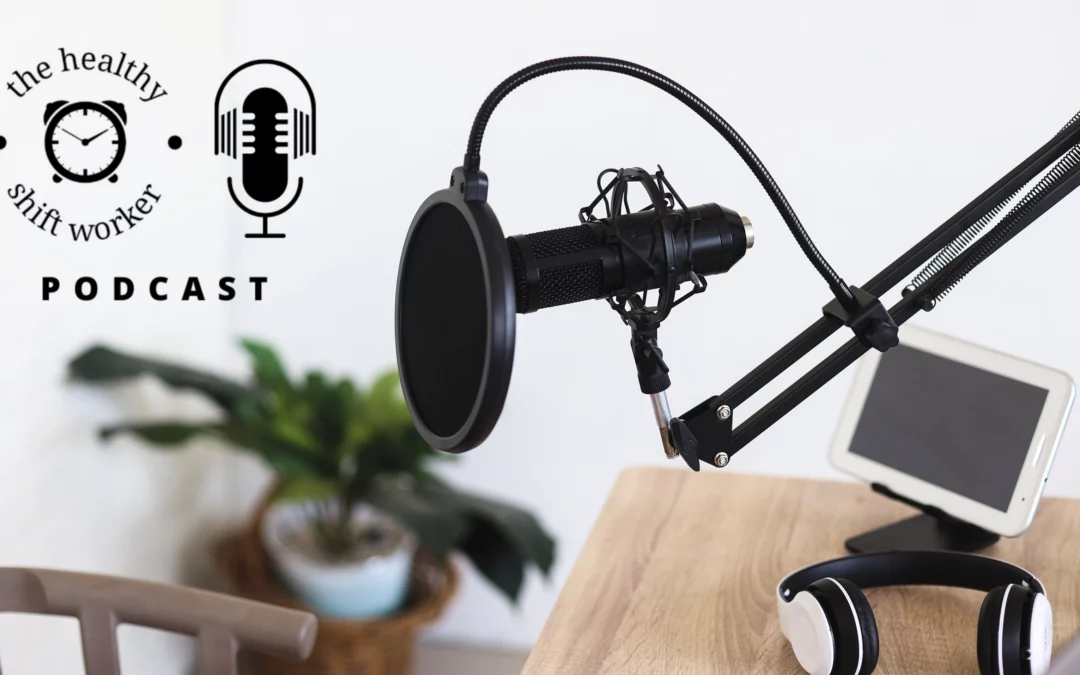
by Audra Starkey | Dec 23, 2021 | Energy
The number 1 most commonly used drug in the world today is coffee, and this is because the vast proportion of the population is not exposed to the morning light. We’ve moved from spending so much of our lives outdoors, to a completely indoor one and shift workers are...

by Audra Starkey | Nov 8, 2017 | HSW, Nutrition, Podcast
Healthy Shift Worker Podcast: This week I had the absolute pleasure of interviewing one of the leading experts on gut health, Dr Jason Hawrelak who is a researcher, lecturer, naturopath, and nutritionist based in Hobart with over 17 years of clinical experience....

by Audra Starkey | Oct 4, 2017 | HSW, Podcast
Do you struggle with poor memory? Perhaps you leave sticky notes everywhere as a reminder so that you don’t forget things? Well if you work shift work, chances are you answered “yes” to that question and have experienced bouts of ‘forgetfulness’ thanks to...

by Audra Starkey | Mar 16, 2017 | Nutrition, Recipes
Gastrointestinal complaints are certainly a common ailment amongst those who work 24/7, in particular those who work the dreaded “night shift”. This is because a lot of gastrointestinal functions decrease at night, and when we work (and eat) out of sync...

by Audra Starkey | Nov 1, 2016 | Nutrition
As a fully fledged Clinical Nutritionist (wow, I can finally say that now after completing a Bachelor of Science degree last week), I have to say there’s certainly a lot of emphasis in our training on WHAT our clients are eating, which undeniably plays a huge...





